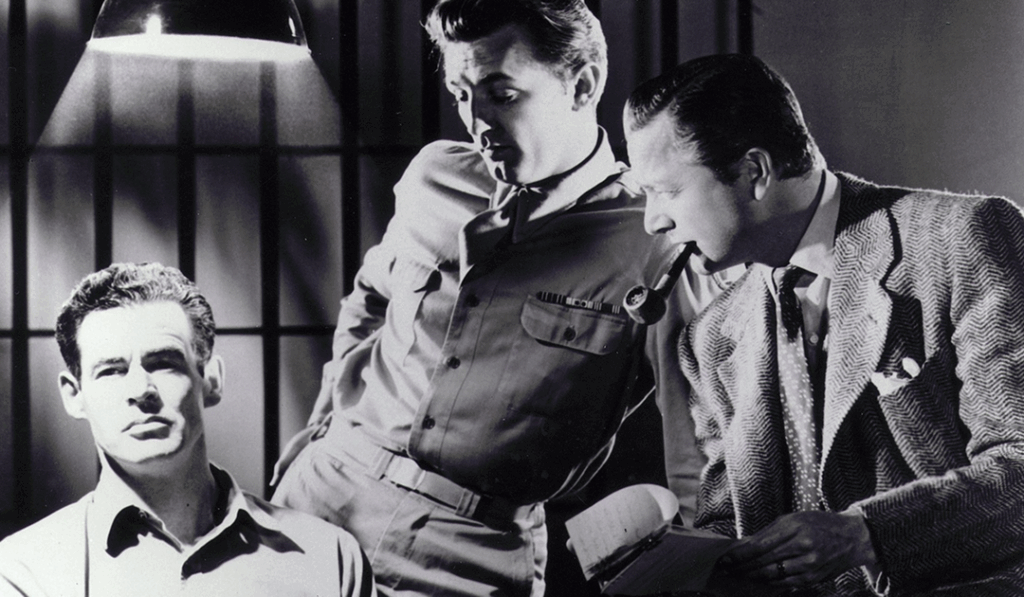(From the diary of Tyler Gitou, the Deal Whisperer)
“Mr. Gitou? I got blindsided.”
Tyler Gitou waved Verdi into his office. “Tell me what happened, Verdi?”
“Well, remember we closed that deal to replace all the desktops at Macro Assurance, that big insurance firm?”
“Yes, I know Macro Assurance.” Tyler said. “It was about 250,000 PCs if I remember.”
“Correct,” Verdi said. “We’re probably going to lose about $1 million on it.”
Tyler was surprised. “Really? I remember you working on that deal. You were really excited about the solution we put together for Macro.”
“Not any more. We’ve had to add a lot more people to meet the client’s deadline and it’s costing us a fortune.”
“So what happened?” Tyler asked.
“The plan was to install all of the software on the computers remotely,” Verdi said. “You know, just download everything from the cloud versus having someone sit at the machines. It turns out their corporate firewall won’t let us do it in some locations. So we have to send people, which costs a lot more.”
“Really? Isn’t that something we should have known?” Tyler asked.
“Yes and no. There was no reason to think their security would be so different in each country so we never asked the question. We just assumed it would be like every other engagement.”
“Verdi, how stupid can you be?”
“What? Mr. Gitou, that’s a really offensive thing to say!” Verdi said.
“I’m not asking to insult you, Verdi,” Tyler said laughing. “I am asking to see how you can avoid this problem in the future. When we get in front of a client, we often have the urge to be really smart. Know all the answers. Impress them and impress ourselves. But instead of thinking how smart we can be, we should ask how stupid we can be.”
“I don’t get it, Mr. Gitou. How will being stupid help me impress my client?”
“It forces you to ask questions,” Tyler said. “Let me share with you a similar experience I had when I was new in sales. We were proposing a systems integration deal to move a client’s trading platform from an old ‘home grown’ system to a new commercial system. I quoted a price to build the system, end to end, and won the deal with the lower price. Much lower. You know why my price was so low? I assumed their hardware would support the new platform. My competitor was ‘stupid’ and asked for data about their servers and they added in the cost of new hardware. As it turns out, their servers were all out of warranty and lacked the processing capacity we needed. It was a $2 million mistake on my part.”
“What did you do?”
“We installed the system as we committed to do and lost money on the deal,” Tyler said.
“Wow. And you didn’t get fired?”
“No,” Tyler smiled. “My sales manager made me the account lead and said I had 24 months to grow the account and make it profitable again. I did it in 12. And I have been stupid in every client discussion since then.”
“That’s a great turnaround story. Who was the client?”
“It was Macro Assurance, the big insurance company where you just got blindsided,” Tyler said. “So my advice to you is get back in there and finish the project as we committed. Don’t lose their trust in us. You’ve learned an expensive lesson. Sell on your experience, but solve from your ignorance. Don’t assume one client is like another until you have asked the right questions. Remember, a Deal Whisperer always thinks about how stupid he can be.”




Wow… I needed this article a month ago when I bid a job to edit an 80 page employee handbook. I wanted to be smart and capable and efficient and I'm paying the price — bogged down in endless back and forth with the client. So many questions unasked that would have helped me better estimate my time on the project!
Who knew being stupid could be so brilliant? Great article John.
Hi Bob-
Thanks for the feedback. Often in client meetings when I am trying to dig into the details I will say, "help me out here because I am the dumbest guy in the room." Suddenly two other people will say, "Actually I am the dumbest guy in the room!" and we all laugh. But it reveals an unspoken desire that always exists for people to understand the conversation and my opening breaks the ice. People are so often afraid to say, "I don't get it."
Thanks for the feedback Meg.